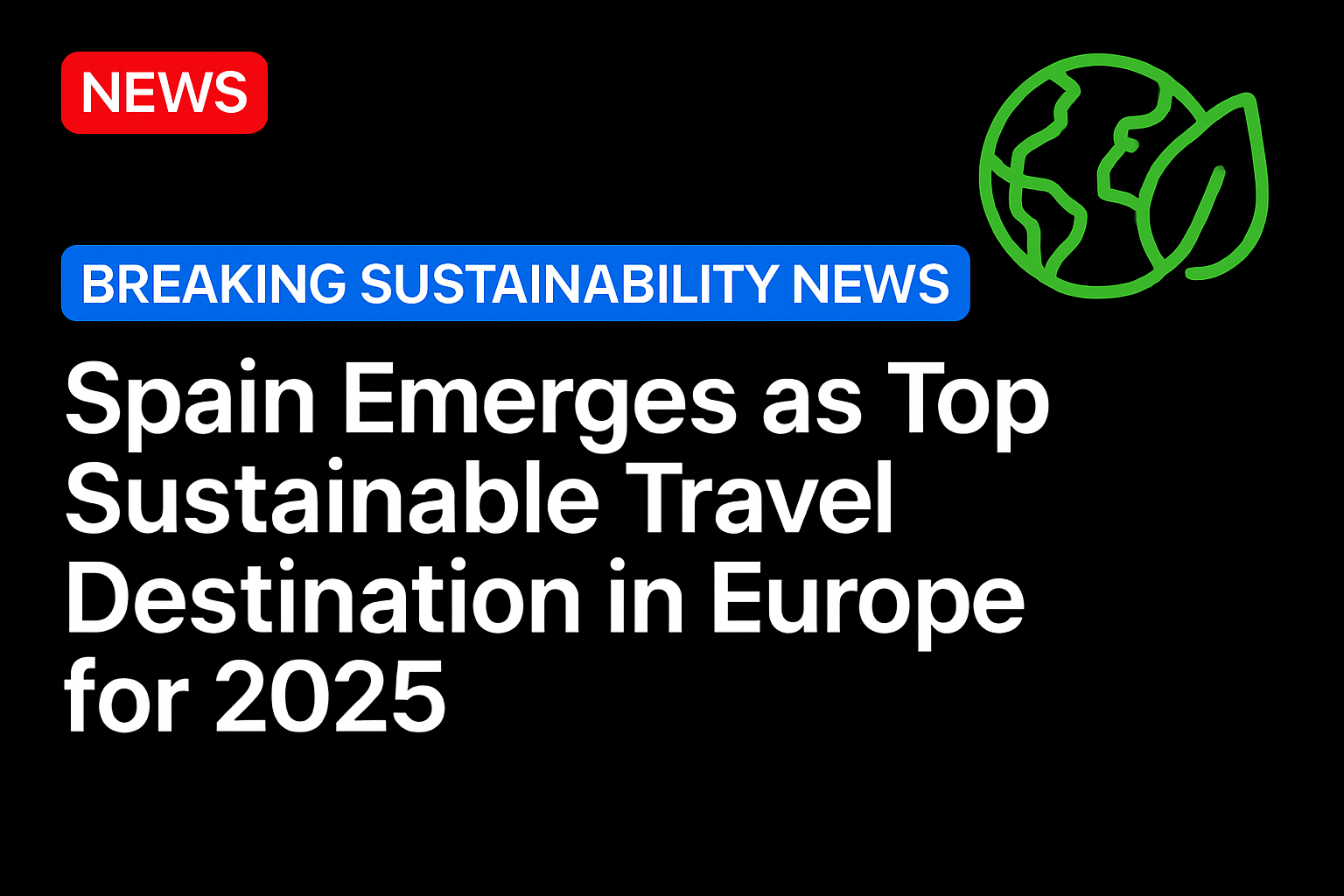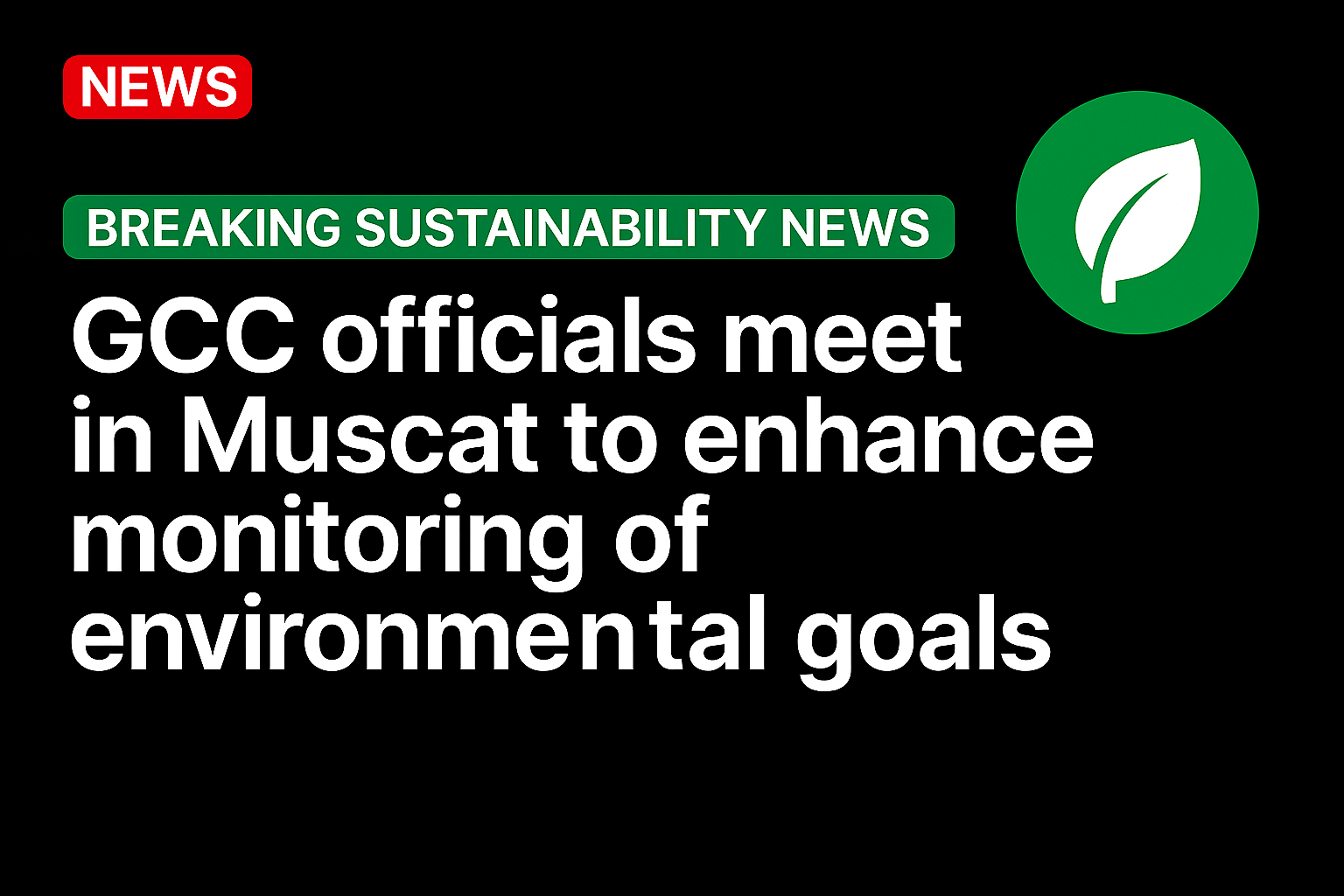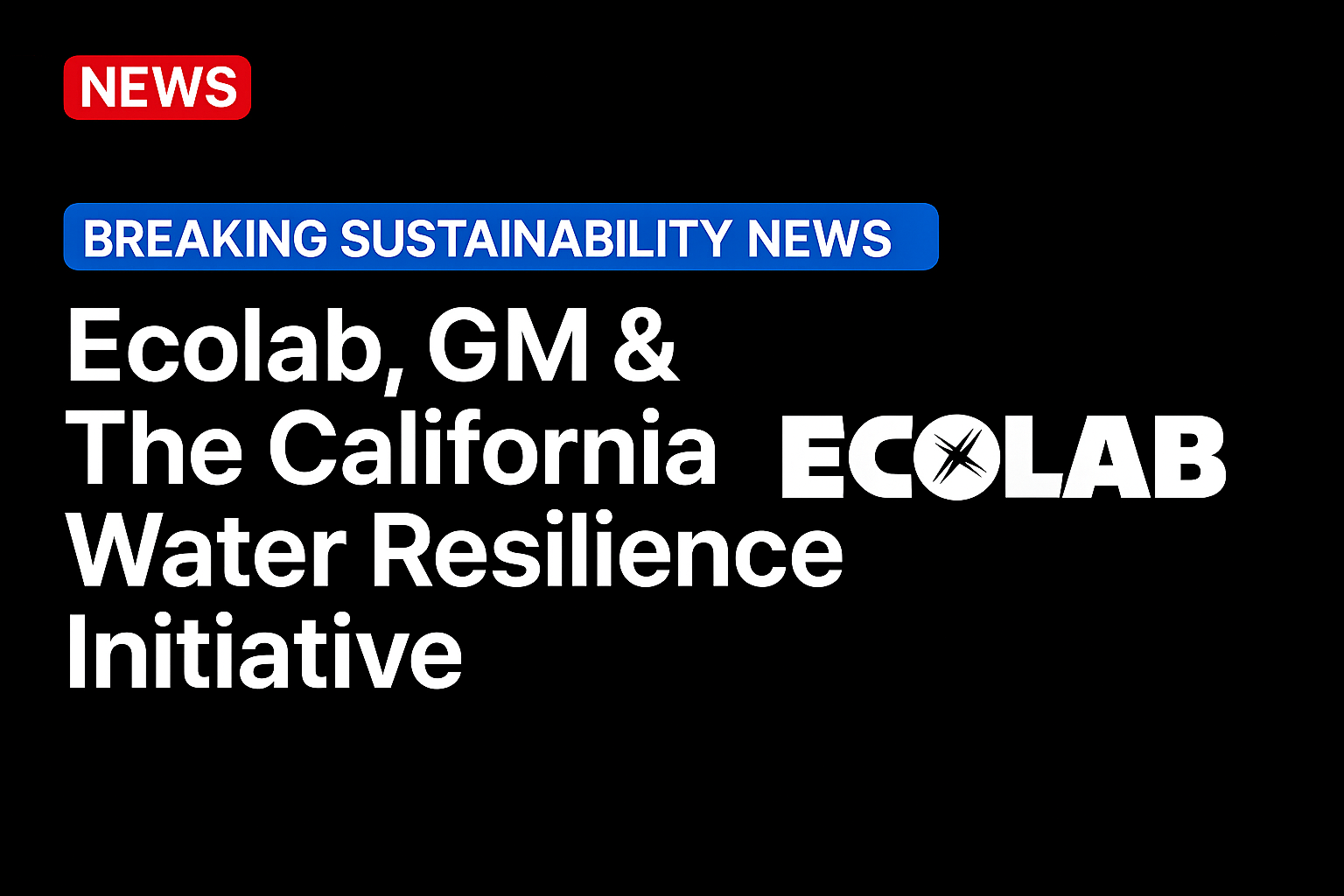Spain emerges as a top sustainable travel destination in Europe for 2025, driven by its reputation for safety, cultural richness, and environmental responsibility.
According to the newly released “Market Studies 2025” by Turespaña, Spain continues to outperform Mediterranean rivals by aligning tourism with authentic experiences, improved air connectivity, and a strong commitment to sustainability.
With increasing demand from 42 global source markets, including the UK, Germany, the U.S., and China, Spain’s tourism sector has shown steady recovery and robust growth across spending, trip volume, and airlift capacity. These findings highlight the country’s transformation into a reliable and preferred international destination with a clear focus on long-term value.
Spain’s Strengths: Reputation, Safety, and Local Charm
The Turespaña report reinforces Spain’s positive image among international travelers, citing friendliness, hospitality, and a secure environment as standout qualities. Visitors are also drawn to the diversity of cultural offerings, scenic natural landscapes, and Spain’s unique lifestyle. This combination has positioned Spain as a destination that delivers both comfort and authenticity.
Especially important for today’s travelers is the perception of Spain as a known and stable destination — one that blends modern infrastructure with centuries of tradition. As tourism restarts at scale following global disruptions, this combination of reliability and richness is proving more attractive than ever.
Key Travel Trends in 2025
The 2025 study identifies clear behavioral shifts among global tourists. Travelers are prioritizing authentic experiences, sustainability, cultural depth, and safety over mass tourism. This evolution is pushing destinations to diversify offerings and deliver more meaningful engagement
Spain is responding with targeted growth in sectors such as:
- Rural and nature-based tourism
- Language-learning travel
- Sport and wellness tourism
- Eco-conscious cultural routes
At the same time, economic uncertainties, inflation, rising transport and accommodation costs, and climate-related concerns remain as challenges. Spain’s success lies in mitigating these factors while offering premium yet accessible experiences.
Air Connectivity and Year-Round Travel
Air connectivity to Spain continues to improve, strengthening its reach in both Europe and long-haul markets like the Americas and Asia. Seasonal travel is still strong in summer, but off-season trips are gaining popularity as tourists seek to avoid crowds and heatwaves while exploring local life at a slower pace.
This shift supports sustainable growth, disperses tourist activity, and benefits lesser-known destinations across the country. Spain’s transportation and hospitality sectors are evolving to accommodate this trend, ensuring smoother access and high service standards year-round.
Performance of Top Source Markets
The report details robust tourism figures across several key markets:
| Market | 2024 Tourist Arrivals | Total Spending (EUR) | Key Preferences |
|---|---|---|---|
| United KingdomBest vacation packagesAdventure travel | 18.4 million | 22.55 billion | Sun & beach, early bookings, sustainability |
| Germany | Record High | Not Specified | Culture, wellness, digital bookings |
| France | Rising | Not Specified | Proximity, value, climate |
| United States | High transatlantic volume | Record average spend | City tours, gastronomy, cultural sites |
| China | High-potential | 3,800 avg. per trip | Organized tours, gastronomy, shopping |
| Brazil | Strong growth | 1.167 billion | Culture, relaxation, culinary tourism |
These figures confirm Spain’s ability to cater to a wide range of expectations—from the luxury-seeking Brazilian to the family-friendly British beachgoer and the Chinese culture enthusiast. The Spanish offering is multifaceted and constantly adapting.
Challenges and Opportunities
Despite its strong performance, Spain faces industry-wide hurdles. Inflation and rising travel costs could hinder growth, while environmental issues like overtourism and climate change demand attention. Spain’s response includes promoting responsible travel and enhancing awareness around sustainability among both operators and tourists.
Best vacation packages
Emerging opportunities lie in promoting alternative destinations within the country — from Basque countryside retreats to lesser-known Andalusian towns — and capitalizing on trends like digital nomadism, slow travel, and culinary trails.
As the global tourism landscape evolves, Spain appears well-positioned to lead by example. With a mature tourism framework, cultural capital, and institutional strategies that blend growth with responsibility, the country is not just bouncing back — it’s setting the pace for the future of travel.
Source: https://ftnnews.com/





